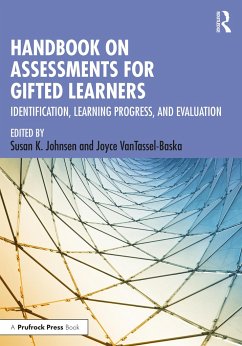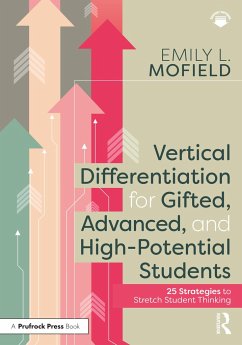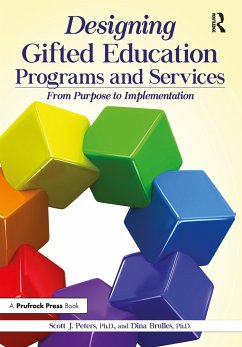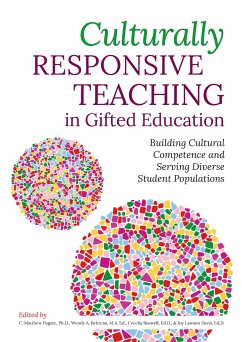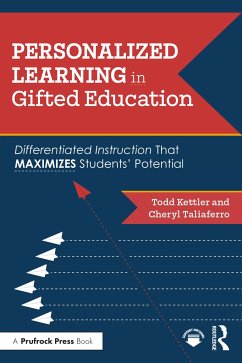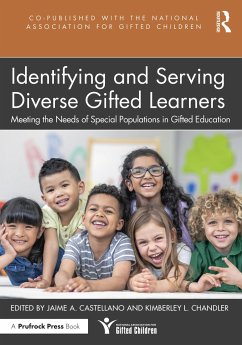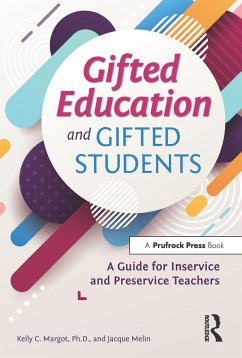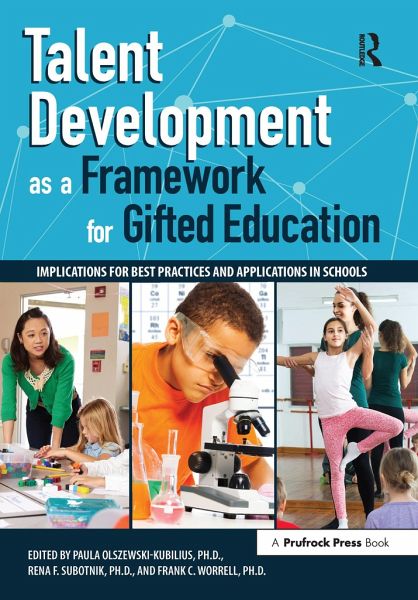
Talent Development as a Framework for Gifted Education
Implications for Best Practices and Applications in Schools
Versandkostenfrei!
Versandfertig in 2-4 Wochen
74,99 €
inkl. MwSt.
Weitere Ausgaben:

PAYBACK Punkte
37 °P sammeln!
"Talent development¿Äù is a phrase often used in reference to the education of gifted children. Recently, it has been presented by researchers to refer to a specific approach to the delivery of gifted education services.
Dieser Artikel kann nur an eine deutsche Lieferadresse ausgeliefert werden.





